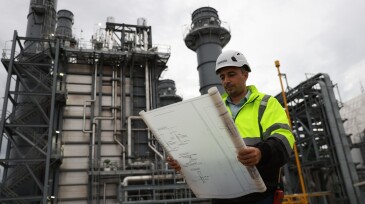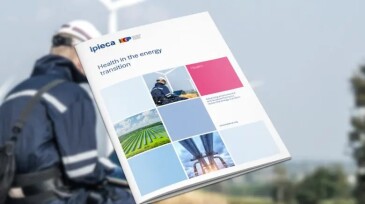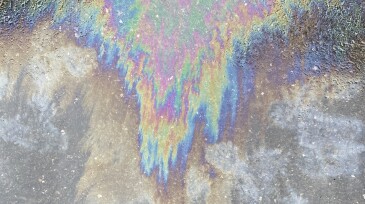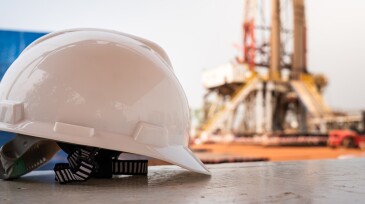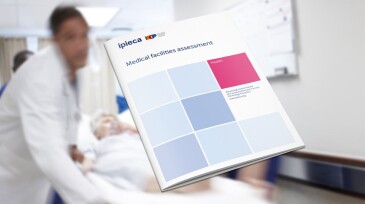Ipieca
-
The publication highlights the role of carbon capture and storage (CCS) in the energy transition and how the oil and gas industry can support the uptake of CCS technologies and presents case studies from Ipieca members.
-
The update increases the guidance’s focus on creating a just energy transition.
-
The report presents data from 35 participating member companies.
-
This paper analyses the Global Biodiversity Framework and its relevance to the transitioning energy system, documenting the work that has been completed and that which is still ongoing.
-
A new publication from Ipieca and the International Association of Oil and Gas Producers presents a health-focused roadmap for navigating the energy transition.
-
The sheets are intended to allow spill responders to quickly find information on the physicochemical properties of the fuel or product, appropriate response and clean up options, and potential effects on responder health, the environment, and marine life.
-
IPIECA and IOGP have released two new guides—a recommended practice for drug testing and a guidance for managing infectious disease outbreaks.
-
The guidance presents the first oil-and-gas-specific set of circularity indicators to enable oil and gas companies to measure the circularity of their assets and material in/out flows.
-
The report provides a checklist for medical professionals to assess local health facilities by guiding them through key elements that should be considered.
-
The global oil and gas industry association dedicated to advancing environmental and social performance was established in 1974 at the request of the United Nations Environment Programme.
Page 1 of 5

